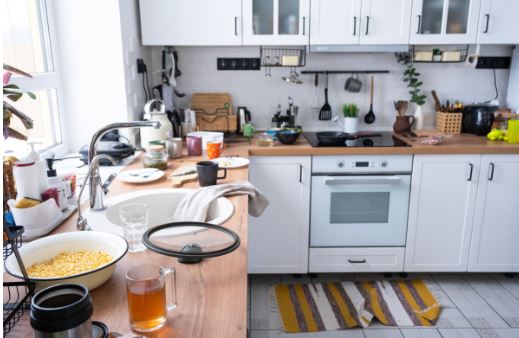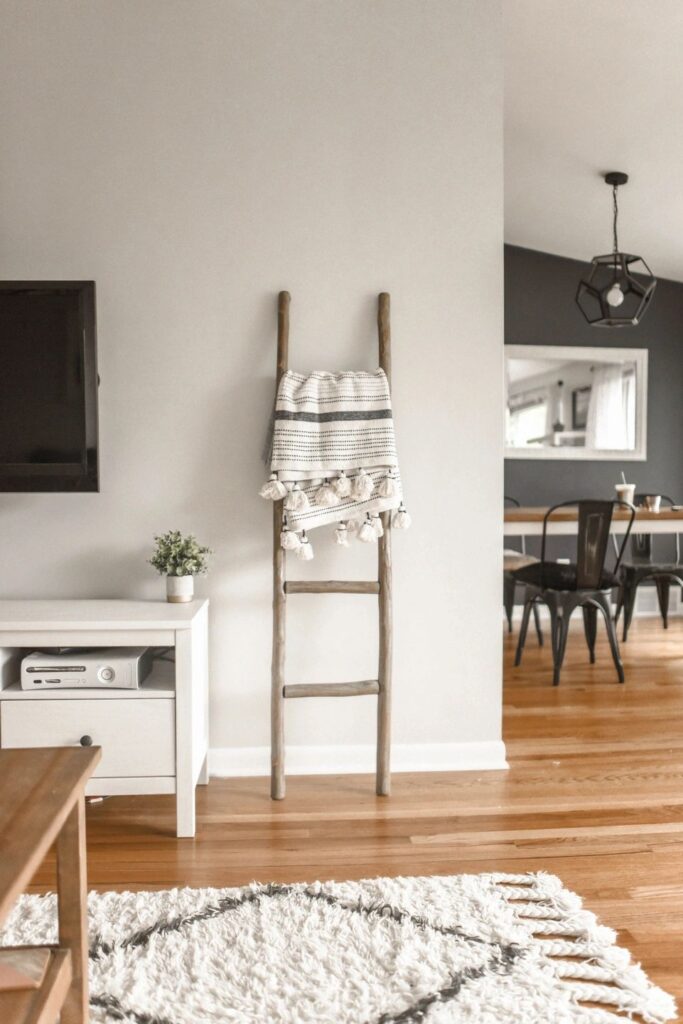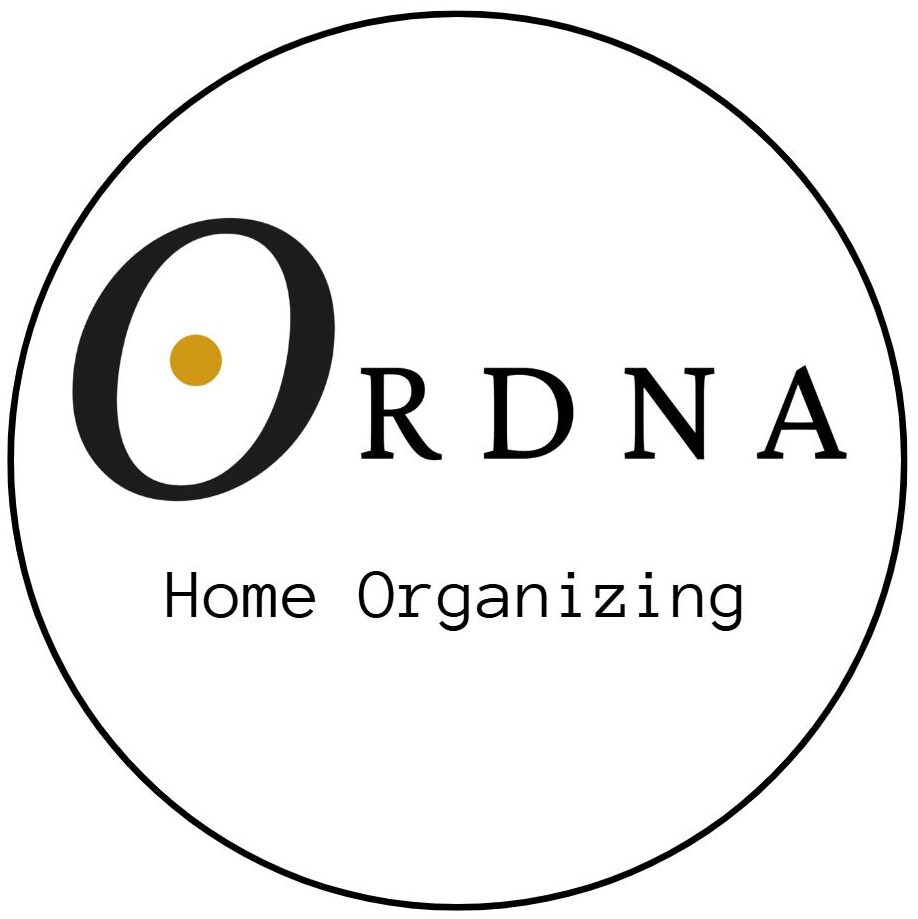In our busy lives, it’s easy to overlook the growing piles of clutter that surround us, and many of us have experienced «clutter blindness.». This means that you are so used to the mess and chaos in your living or working spaces that you no longer notice or are bothered by it. You may not see the mess as a problem, but this can affect your mental and emotional well-being and productivity.

Imagine this: you walk into your home, and you barely notice the stacks of papers on the kitchen counter, the clothes spilling out of the closet, or the unopened mail on the dining table. This is typical clutter blindness. It’s not about being ignorant to the mess; it’s about seeing it so often that it becomes a part of the background, no longer registering as an issue that needs attention. In this article, we’ll explore what clutter blindness is, its effects on our lives, and most importantly, how to conquer it and reclaim both our space and our peace of mind.
Understanding Clutter Blindness

Clutter blindness can affect anyone, and it often creeps in gradually. Over time, our spaces become filled with items we no longer need, and the mess starts to feel normal. This normalization of clutter can have harmful effects on our physical and mental health.
How Clutter Blindness Can Affect You:
- Stress and Anxiety: Studies have shown that clutter can elevate stress levels and trigger anxiety. When your surroundings are disorganized, it’s more challenging to find things, and this constant search can create tension.
- Reduced Productivity: Clutter can be a major productivity killer. A cluttered workspace, for example, can make it harder to focus and complete tasks efficiently.
- Health Implications: Clutter can lead to poor hygiene, increased allergens, and even physical hazards in your home. Accumulated dust, mold, and tripping hazards are common in very cluttered spaces.
- Impact on Relationships: Clutter can also strain relationships, as disputes over tidiness and organization can lead to conflict and stress within households.
Overcoming Clutter Blindness
Luckily there are some practical steps you can take, to help you reclaim your space and regain your peace of mind:

Acknowledge the Problem: The first step is to recognize that clutter is affecting your life. Admit that you have clutter blindness and that it’s time for change. Take pictures of your home. They reveal more than you can imagine and make you see your home more objectively.
Set Small Goals: Instead of trying to tackle your entire living space in one go, set small, achievable goals. Start with a single room or an area of a room, like your work desk or entry way.
Declutter Systematically: Go through your possessions and decide what to keep, what to donate, and what to discard. Be ruthless about letting go of items you no longer need.
Create Organizational Systems: Create organizational systems that help you maintain a clutter-free space. If needed, invest in storage solutions, but don´t buy anything before you have decluttered your space.
Make Decluttering a Routine: Regularly set aside time for decluttering and maintaining your organized space. A tidy space should be a habit, not a one-time thing.
Seek Support: Sometimes, an external perspective can be valuable in identifying what’s essential and what’s clutter. Your family members, a friend, or a professional Home Organizer can help you.

Conclusion
Clutter blindness is a common but often underestimated issue that can impact our well-being and quality of life. But there are some proactive steps you can take to conquer it.
By acknowledging the problem, setting goals, and creating a clutter-free environment, you can improve your mental and physical health and boost your productivity.
Stay aware of your space, what you bring into it and declutter on a regular basis.
Have you experienced clutter blindness? I hope this article gave you some insights and strategies on how to handle it.
